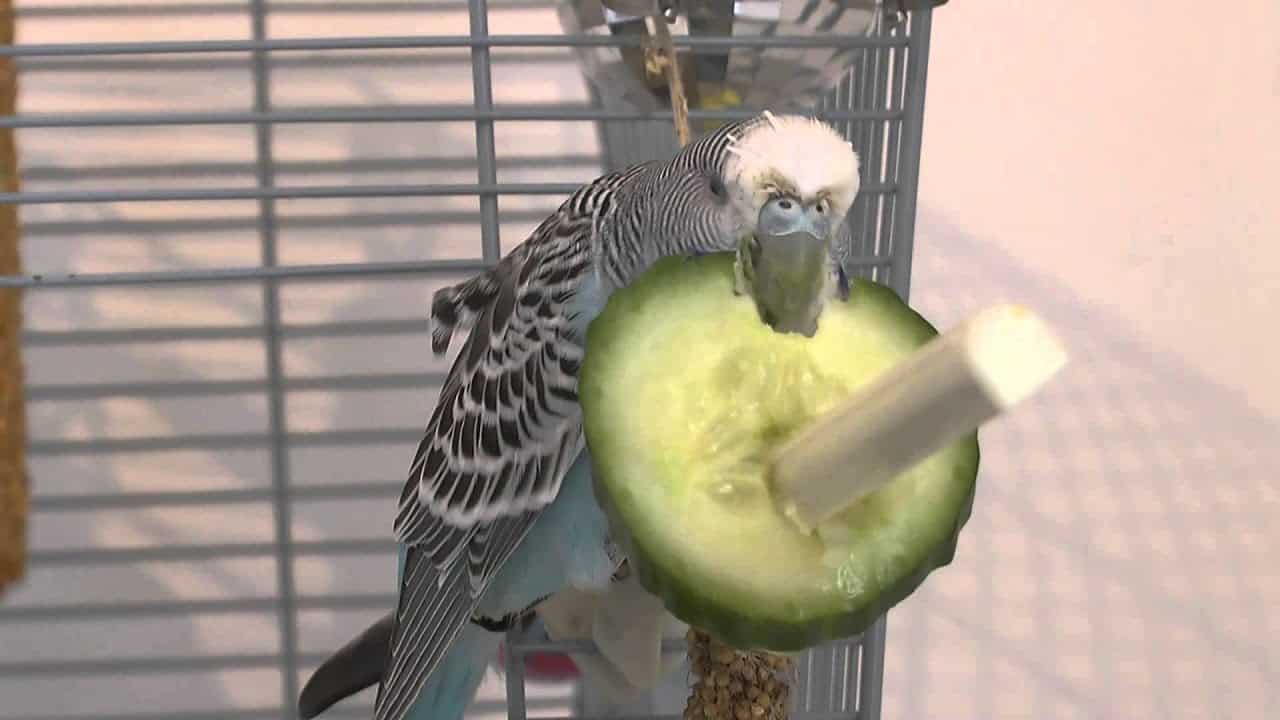When it comes to caring for parakeets, one of the most important aspects is understanding what to feed them. Parakeets, also known as budgerigars or budgies, are popular pet birds known for their vibrant colors and playful personalities. Feeding your parakeet the right diet is essential for their health, happiness, and longevity. In this comprehensive guide, we will explore the best foods for parakeets, including seeds, pellets, fruits, and vegetables, as well as tips for maintaining a balanced diet.
In the wild, parakeets primarily feed on seeds, but their diet can be much more diverse when kept as pets. To ensure your feathered friend thrives, you need to provide a diet that mimics their natural eating habits. This article will cover not only the types of food suitable for parakeets but also the nutritional needs that must be met.
Whether you are a new parakeet owner or have had your feathered companion for years, this guide will offer valuable insights and practical advice. So, let’s dive into the world of parakeet nutrition and learn how to keep your little friend healthy and happy!
Table of Contents
- Understanding Parakeet Nutrition
- Best Foods for Parakeets
- Fruits and Vegetables
- Commercial Bird Foods
- Homemade Foods
- Foods to Avoid
- Feeding Tips for Parakeets
- Conclusion
Understanding Parakeet Nutrition
Parakeets have specific nutritional needs that must be met to promote their overall health. The primary components of a parakeet's diet include:
- Proteins: Essential for growth, repair, and maintenance of body tissues.
- Carbohydrates: Provide energy for daily activities.
- Fats: Necessary for hormone regulation and absorption of fat-soluble vitamins.
- Vitamins and Minerals: Crucial for various bodily functions, including immune response and bone health.
Best Foods for Parakeets
When selecting food for your parakeet, it’s essential to offer a variety of options to ensure they receive a balanced diet. Here are some of the best foods to include:
- Seeds: Sunflower seeds, millet, and canary seed are favorites among parakeets.
- Pellets: High-quality pellets provide balanced nutrition and are often fortified with vitamins and minerals.
- Grains: Cooked brown rice, quinoa, and oats can be offered as nutritious additions.
Commercial Bird Foods
Many pet owners opt for commercial bird foods as they often provide a well-balanced diet for parakeets. It’s essential to choose a reputable brand that uses high-quality ingredients. Look for a product that includes:
- Whole grains
- Natural preservatives
- No artificial colors or flavors
Fruits and Vegetables
Fruits and vegetables should make up a significant part of your parakeet's diet. Fresh produce provides essential vitamins and minerals. Some safe options include:
- Fruits: Apples, berries, bananas, and pears.
- Vegetables: Carrots, spinach, broccoli, and bell peppers.
How to Introduce New Foods
When introducing new fruits and vegetables, start with small amounts to see how your parakeet reacts. Birds can be wary of new foods, so patience is key. Over time, you can gradually increase the variety of foods offered.
Commercial Bird Foods
Commercially prepared bird foods are a convenient option for many parakeet owners. These foods are designed to meet the nutritional needs of birds and come in various forms, including:
- Seed Mixes: A blend of different seeds tailored for parakeets.
- Pelleted Diets: Compressed food that provides balanced nutrition.
- Fortified Food: Contains added vitamins and minerals to support health.
Homemade Foods
Creating homemade foods for your parakeet can be a rewarding experience. Here are some ideas for healthy homemade options:
- Cooked Grains: Offer cooked quinoa, brown rice, or barley.
- Chopped Vegetables: Mix a variety of chopped veggies for a colorful medley.
- Fruit Mash: Blend fruits to create a tasty mash.
Foods to Avoid
While many foods are safe for parakeets, some can be harmful or toxic. Avoid feeding your parakeet:
- Avocado: Contains persin, which is toxic to birds.
- Caffeine: Can cause heart problems and nervousness.
- Chocolate: Highly toxic and can be fatal.
Feeding Tips for Parakeets
To ensure your parakeet thrives, consider these feeding tips:
- Provide fresh food daily.
- Remove uneaten fruits and vegetables after a few hours to prevent spoilage.
- Ensure clean, fresh water is always available.
- Monitor your parakeet's weight and adjust food portions accordingly.
Conclusion
Feeding your parakeet a balanced and nutritious diet is crucial for their overall health and happiness. By understanding what to feed parakeets, including a mix of seeds, pellets, fruits, and vegetables, you can ensure your feathered friend lives a long and healthy life. Remember to avoid harmful foods and offer a variety of options to keep mealtime exciting. If you found this guide helpful, consider leaving a comment or sharing it with other bird enthusiasts!
Thank you for reading, and we hope to see you back here for more pet care tips and insights!

![What Can Parakeets Eat Best Food List]](https://i2.wp.com/petshoper.com/wp-content/uploads/2020/04/what-can-parakeets-eat.jpg)


